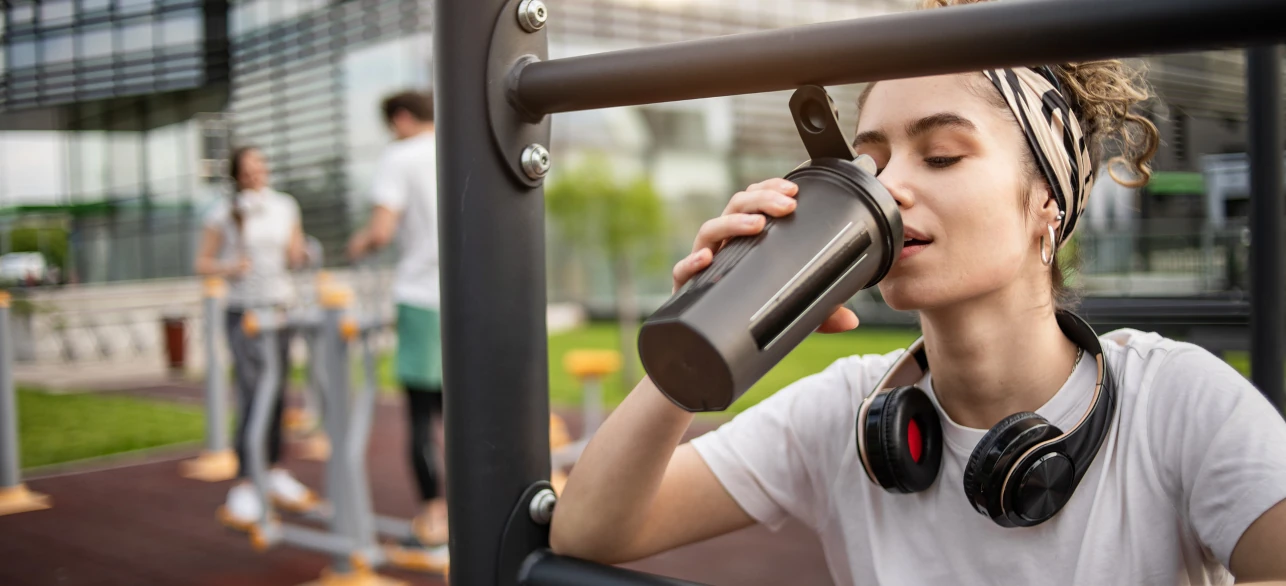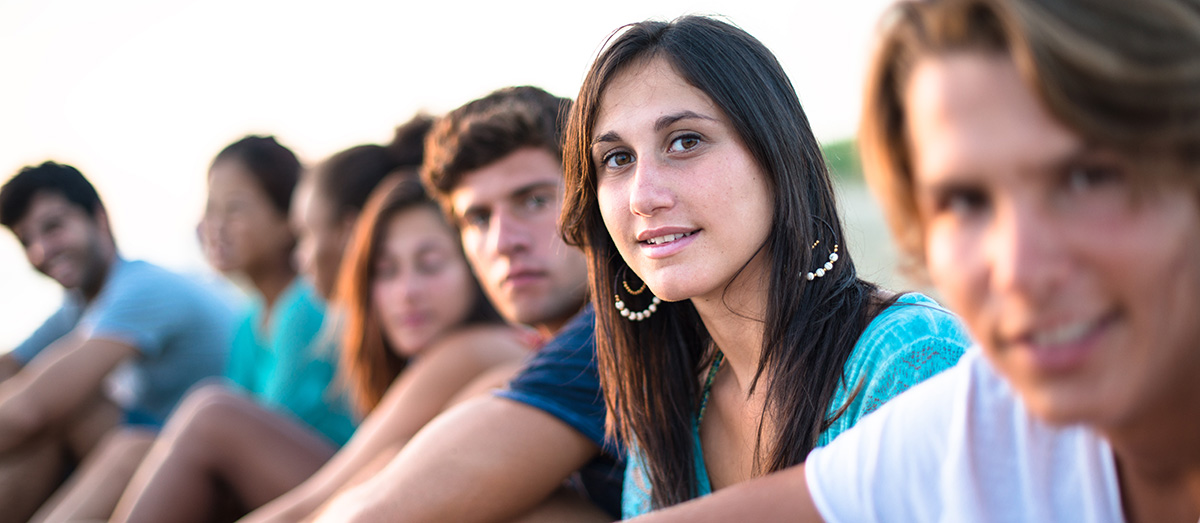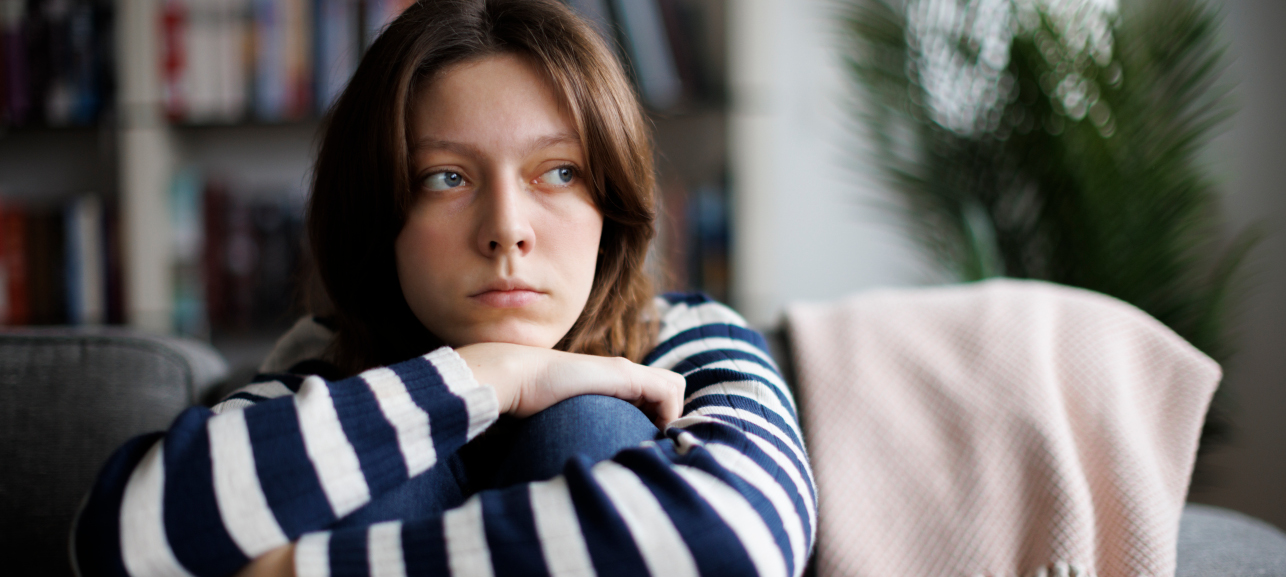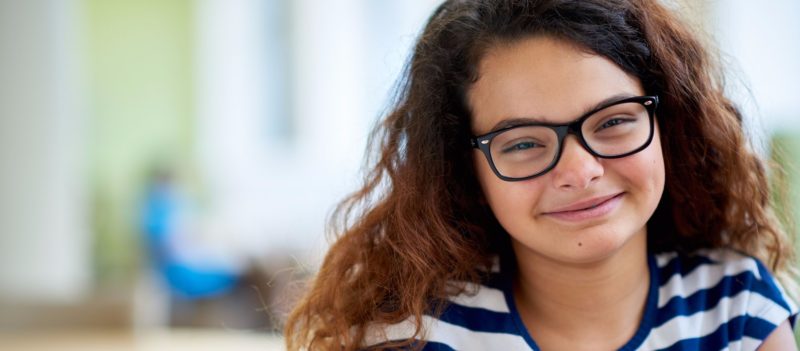There is certainly no lack of information or opinions about the human papillomavirus (HPV) vaccine. Sorting through all of the information that’s out there can be daunting, especially if you’re trying to make a decision about whether or not to vaccinate your child.
But as a researcher and adolescent medicine physician who has dedicated many studies and hours to this topic, I would like to dispel some misinformation that might be out there.
With about 14 million new people infected with HPV each year, and HPV being responsible for causing about 26,000 cancers each year, the HPV vaccine could benefit a lot of people.
Here are five things I wish every parent knew about HPV vaccines:
1. HPV vaccines are effective. They prevent infections from the two HPV types that cause 70% of cervical cancers. HPV is a very common sexually transmitted infection; approximately 7.5 million girls and young women in the United States between the ages of 14 and 24 are currently infected. Because the vaccine is so effective at preventing cervical cancers caused by HPV, the U.S. Advisory Committee on Immunization Practices (ACIP) recommends teenage girls and women between the ages of 11 and 26 receive it.
Some parents question why girls so young need a vaccine to prevent a sexually transmitted infection (STI). It is important for young girls to be vaccinated early so that when they do become sexually active in the future, they will be protected from the diseases caused by the virus.
The vaccine only protects against HPV if young women and men have not yet been exposed to the types of HPV that the vaccine targets, so it is very important for them to be vaccinated before they begin to have sex.
About 1 in 4 girls 14-19 years of age, and almost 1 in 2 young women 20-24 years of age, are currently infected with at least one HPV type and almost everyone acquires genital HPV at some point in their lives.
Also, the younger the age at vaccination, the better the immune system will respond to the vaccination.
2. It’s not just for females. While males are not at risk for cervical cancer, HPV can cause cancer in the anus, mouth/throat and penis. In fact, every year, there are over 9,000 HPV-related cancers diagnosed in males. The vaccine is just as effective at preventing HPV in men as in women, and it can provide direct benefits to men.
The U.S. Advisory Committee on Immunization Practices recommends that teen boys and men between the ages of 11 and 21, and men 22 to 26 who are high risk, receive the vaccine.
3. Infection is usually silent. HPV rarely presents with symptoms, which makes it difficult to diagnose and treat.
While pre-cancers caused by HPV can be diagnosed with a Pap test, it is much better to prevent pre-cancer through vaccination than to have to treat them using invasive procedures. It’s important to note that because not all cervical cancers are diagnosed at the pre-cancerous stage, not all can be prevented.
4. The benefits outweigh the risks. We have a great deal of information about HPV vaccine safety from clinical trials and from following the more than 50 million young men and women in the U.S. who have been vaccinated since its licensing. Experts are confident that the vaccine is safe, and no serious short-term or long-term safety concerns have been noted.
HPV vaccination can, however, cause minor side effects such as redness, swelling and pain at the site of the injection in some teens. Some young men and women faint after vaccination with the HPV just like any other vaccine. This is not related to the vaccine itself, but to the anxiety that comes with receiving a vaccination. If your child feels dizzy right after, he or she should lie down for a few minutes to prevent fainting.
5. Receiving the HPV vaccine won’t change your teen’s behavior. One of the concerns some parents have about the vaccine is that once inoculated, their daughters will feel more protected against sexually transmitted infections, which may change their sexual behaviors. This isn’t the case.
I recently published a study in the journal Pediatrics, which found that of the 300 teenage girls and young women surveyed, the vast majority thought it was still important to practice safer sex after vaccination, and most did not believe that the HPV vaccination protected against other sexually transmitted infections. Even those who held inappropriate beliefs after vaccination were no more likely than those who held appropriate beliefs to become sexually active or to practice riskier behaviors. Other studies have also shown that HPV vaccination does not change sexual behaviors.






I found out the benefits of HPV vaccine and inquired about it with my doc.she told me that it is not 100% safe to have this vacc as the importing process is not up to the standard in Asia.